Week 3: Writing about Discourse Communities
Class Info
- Dates: (college closed on Monday, 2/17); Tuesday, 2/18 (Monday schedule), Wednesday, 2/19
- Meeting Info: 11:30am-12:45pm in room N521
Objectives
- To develop our thinking and writing about discourse communities based on a deeper examination of our experiences and further examination of our course texts; to apply what we understand about discourse communities to the course readings and to write our own narratives that identify and consider discourse communities and some related concepts in our experiences.
Actions
- Complete any unfinished work from Week 1 and Week 2, including introducing yourself on our OpenLab site.
For Tuesday, 2/18
Reading
- Video: Lisa Beasley, “What is Code Switching?” and others
- Reading/Writing resource Essay “How to Read like a Writer” by Mike Bunn.
- Play: Trifles by Susan Glaspell
Writing
- Annotate as you read our course’s texts.
- Begin brainstorming for Project 1. Share your proposals as comments on the Project 1 Proposal post
In Class, Tuesday, 2/18
- Project 1 Proposals: sharing our plans for Project 1 with the class
- Listening to Trifles by Susan Glaspell
- Considering Trifles
- What do we notice about noticing in Trifles?
- What do we notice about discourse communities in Trifles?
- Reflection: what stands out or remains with you from class today? What questions do you have? what do you want to know more about? Answer any or all.
- Drafting Project 1
For Wednesday, 2/19
Reading
- Personal Narrative “Mother Tongue” by Amy Tan
- Oral Narrative: “Rochelle Williams: Potential”
- Oral Narrative: “Imposter Syndrome: Stories about not feeling good enough”
Writing
- Annotate as you read our course’s texts.
- Participate in the Discussion about words that are part of your discourse community
In Class, Wednesday, 2/19
- Discussing the assigned texts for today
- What do you notice?
- IMPOSTER SYNDROME: “These individuals cannot internalize their success and subsequently experience pervasive feelings of self-doubt, anxiety, depression, and/or apprehension of being exposed as a fraud in their work, despite verifiable and objective evidence of their successfulness” from “Imposter Phenomenon” by Martin R. Huecker; Jacob Shreffler; Patrick T. McKeny; David Davis.
- engaging with her audience? her vulnerabilities
- the word Potential as a meeting of two discourse communities, but means something different in each
- pop culture to connect to audience, shape who she is, what discourse communities she’s in
- barrier as a woman in engineering
- What discourse communities do you notice?
- engineering community
- southerner, Louisiana
- scholarly discourse community
- academic discourse community
- How do we know?
- What do these discourse communities offer the people/characters in the podcast/play?
- find a fulfilling path as an engineering education graduate student, then professional
- What do you notice?
- What is code-switching? passing? imposter syndrome? intersectionality?
- Drafting and revising Project 1
- put the assignment in your own words so you know what you have to do
- DC you are a member of; DC you are maybe a member of or maybe feel excluded from here at City Tech, in your major, at work.
- do you need to write the whole thing all at once? do that now! and then revise.
- do you need to work in chunks or segments? pick the one you want to start with and get going.
- gather good thoughts, ask for someone to listen and give feedback; verbal drafting with note-taking, if you can’t think with a blank screen/page then start writing anything!
- Identify a discourse community you are part of.
- What are the goals of the discourse community?
- What do members communicate with each other? And, how (by text? in person? Email? etc.)?
- Are there special words, language, abbreviations, or slang that associated the group? If so, what are they? What do they mean (define the terms)?
- What are some rituals or habits that the group might have?
- What is unique about the way members behave, dress, believe, value, etc?
- How do you meet each other?
- What discourse community you would like to be part of here at City Tech or professionally?
- Why do you wish to be part of this discourse community?
- What are some signs/examples that show that you are or are not yet part of the discourse community?
- What is unique about the way members behave, speak, dress, believe, value, etc?
- What are ways that you can help yourself join this discourse community?
- What is a passage from a text we encountered this semester that you want to include in your project?
Photo Credit:
“Write of Passage” by hettie via Flickr under the license CC BY-ND 2.0.
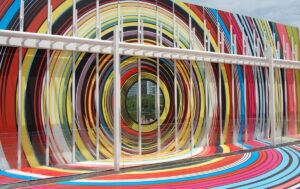

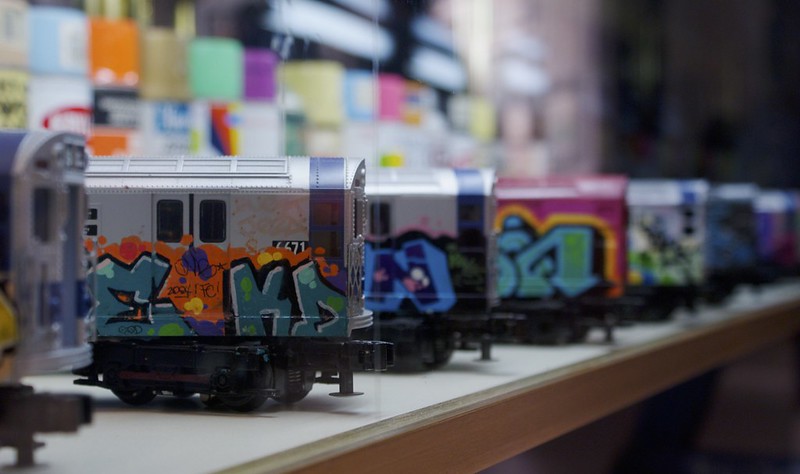
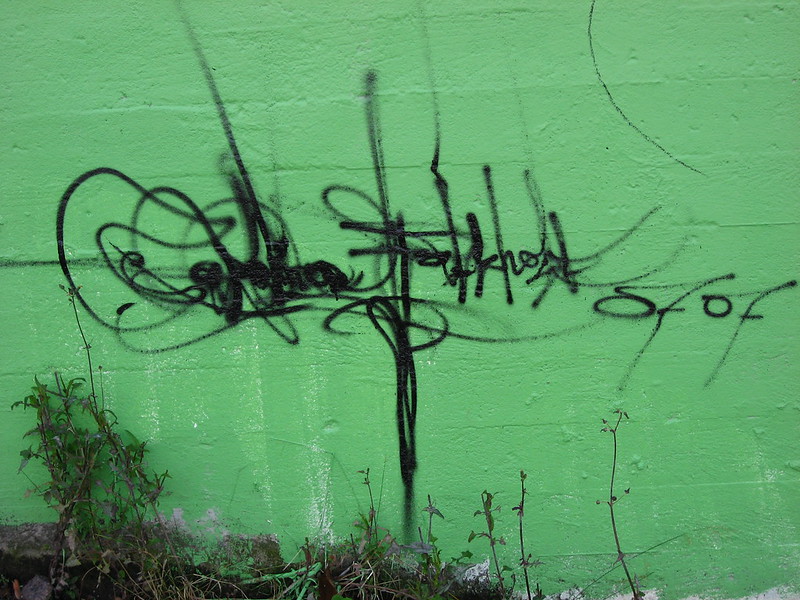

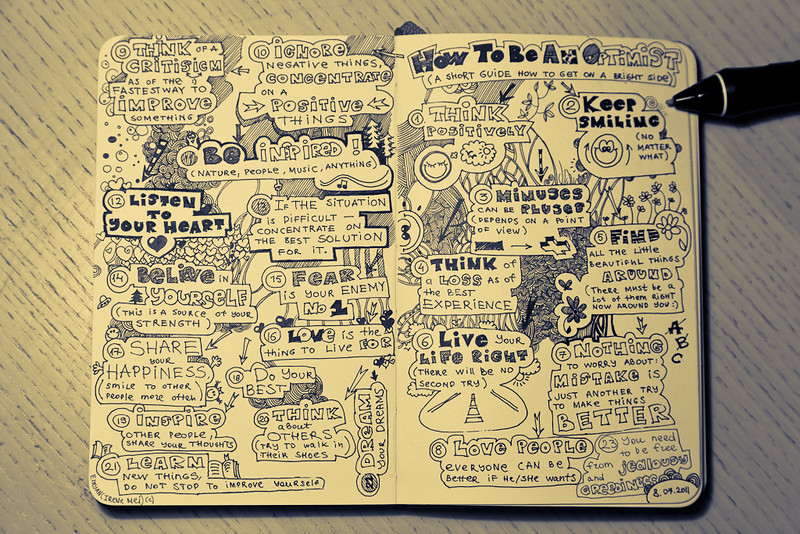
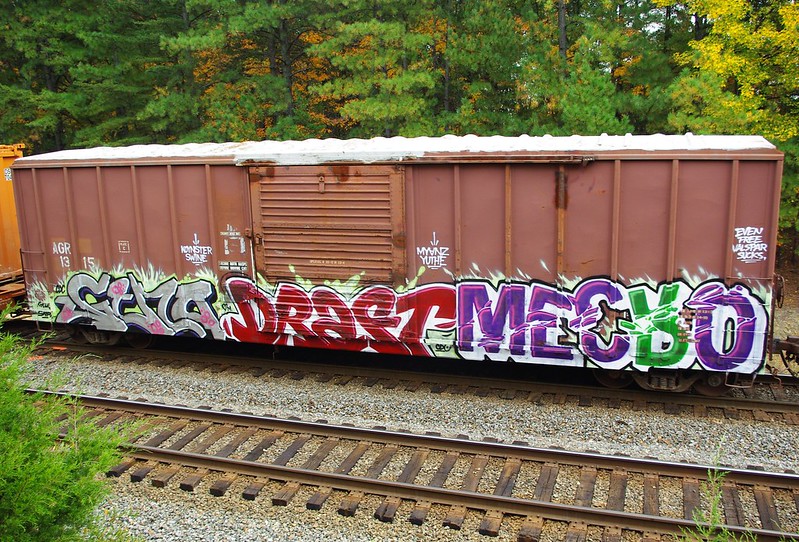



Recent Comments